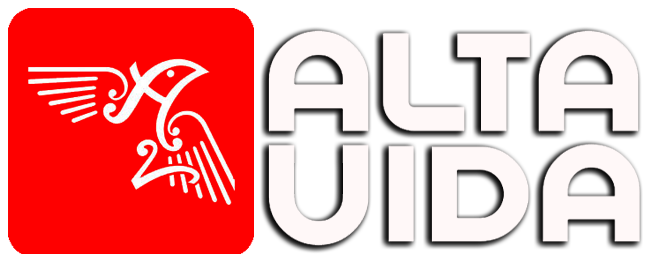The Arabic language and one of the oldest languages in the world, is the official language of the Arabs in the Middle East, the alphabet has 28 letters and is estimated to have more than 440 million that speak Arabic in the world. The word “Arabic” is derived from “Yaaroub”, one of Noah’s descendants, who went to Egypt after the Flood around 12,000 BC. That is, the Arabic language is over 8,000 years old. Our language is written from right to left and is rich in linguistic derivations because of its ancient history; It has over 16,000 linguistic roots – compared to the Latin languages, which at most have 700 roots because they are modern languages. It is the only language in the world whose single letters have meaning: in the Quran there are verses that begin with the letters of the Arabic alphabet and that makes sense to us. The difficulty in learning Arabic is because the language is very old and classic, unlike the Latin languages that have been modified according to the needs of peoples (foreigners with a language coming to a country that already has their language and the two end up influencing each other, for example). ), as with the Brazilian language that was changed in both language and accent, the Brazilian accent. It has over 22 Arabic accents, and in some cases the difference between them is as large as that of Spanish to Portuguese. For an example of the difference in accents, look at the Moroccan accent and the Egyptian accent: totally different – the Moroccan accent is tight and complicated, influenced by the French and Berber languages. But the Egyptian accent is more open and understandable to any Arabic speaker, mainly because it is the most popular dialect used in cinema and songs (even many songs from other Arab countries are sung in Egyptian accent). When you look at the Arabian Gulf accent, it’s much more classic and eloquent, with a very guttural sound. The Arabic language is considered “the Mother of Languages” because all the ancient languages, Latin and Germanic, took many words from Arabic for the richness of the language. Consider this: Is there a language in the world where “Leo” has more than 8 equivalent words? In the Arabic language there are more than 8 words that can be used instead of “Lion”: Assad, Laies, Sabaa, Ghadanfar, El Ward, Dergham, Hizabr, Qasswara, etc… Not only that: in the Arabic language you can derive from each word, over 300 others – you can derive from each word over 300, there are even DICTIONARIES of each word! For example, the word “Good” in Arabic is “Gayyed” and you can derive hundreds of words from it: Agaad, Yougeed, Gada, Abdel Gawwad, Gawdah, Mageed, etc… This is all derived from the word “Good” in Arabic! To see how Arabic influences languages, look at the word “Tall” – “Tall” means “Tall” in English. In Arabic, “High” is “Taweel” – almost the same. “Cave” is “Cave” in English – in Arabic is “Cahf”. “Erd” in German means “Earth” – in Arabic is “Ard”. “Noble” is “Noble” in English – in Arabic is “Nabil”! All these languages are new compared to the Arabic language, so the Arabs are the people who speak the most foreign languages in the world, because we do not find it very difficult to find these coincidences.


Comment (0)